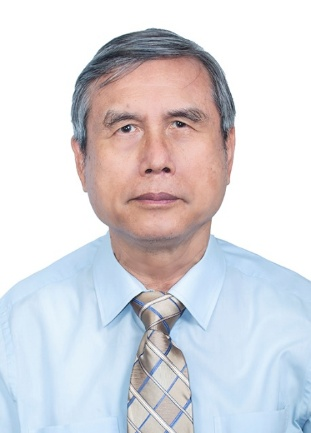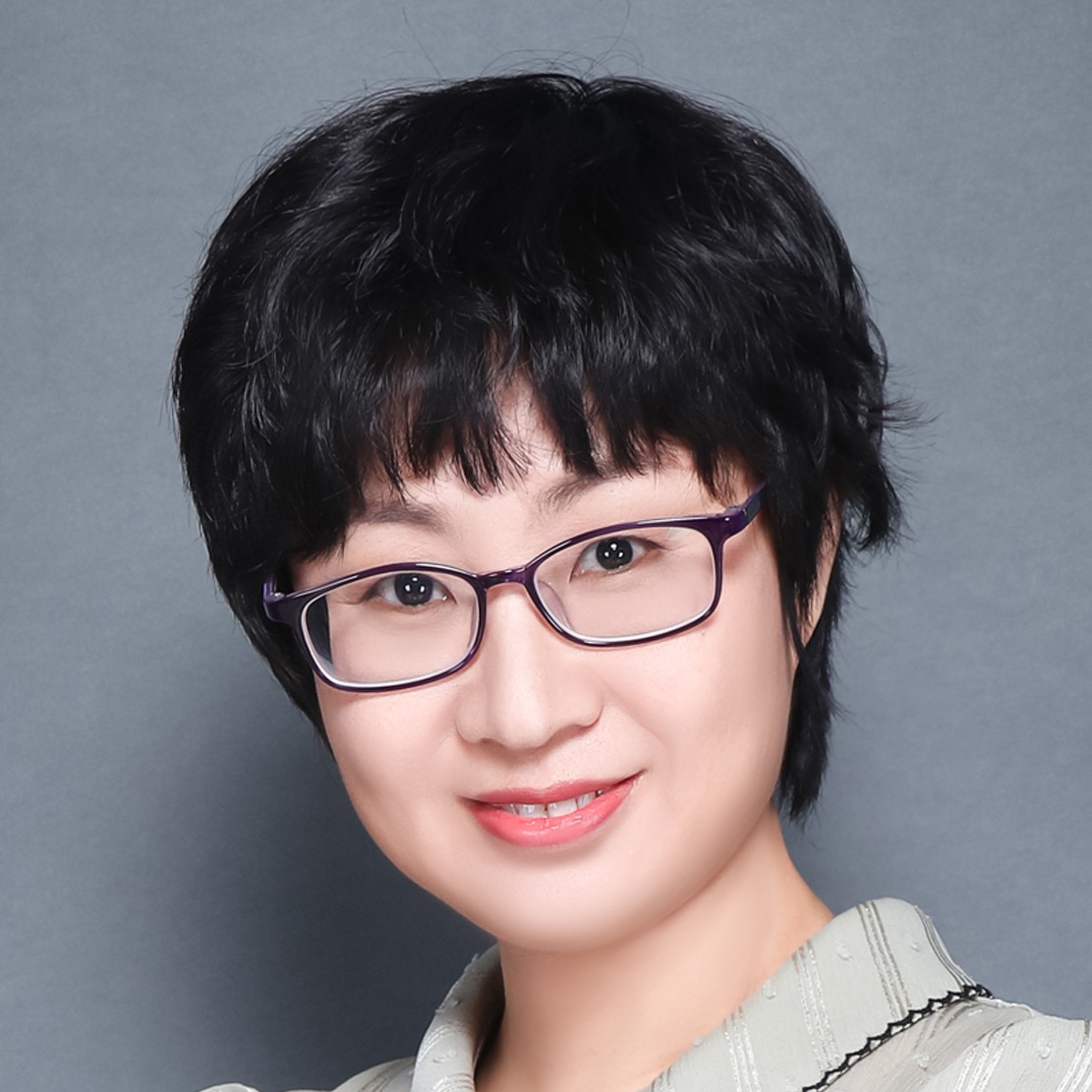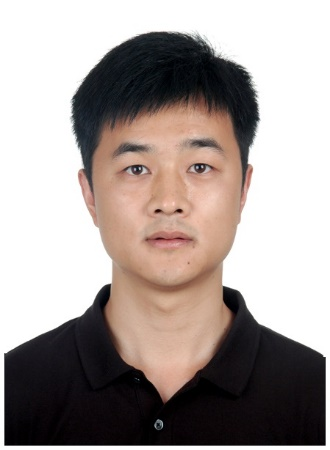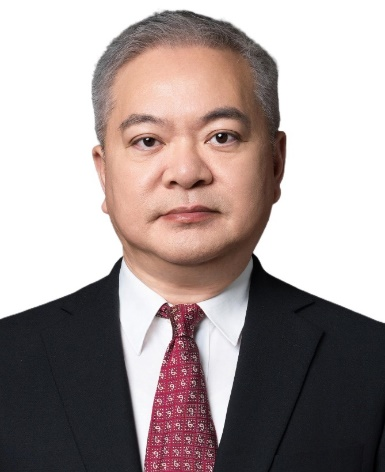| Prof. Jon-Chao HongNational Taiwan Normal University (NTNU) Brief: Jon-Chao Hong is currently working as a research professor at National Taiwan Normal University (NTNU). As the director of Digital Game-based Learning Laboratory (GBL), he has developed more than 20 Apps for learning domain knowledge as well as thinking skill, such as “Collaborative game for developing imagination and thinking skills in science learning. Additionally, he leaded his team has also developed more than 10 IVR in skill development, such as fire escaping, earthquake escaping, Jazz drum, spatial ability development and so on. In addition, he has published a number of academic articles in international journals. In recent three years, he has more than 60 articles published on SSCI journals. He has received the Outstanding Research Prize from Ministry of Science and Technology in Taiwan. In 2022, 2023 and 2024, he was ranked as the top 2% scientists rated by Sandford University, and in 2024 he was also ranked in the top 0.5% of all scholars worldwide in Education by ScholarGPS. In the academic communities, he is the Chief-in-editor of International Journal of Information and Education Technology. He is also the Chairperson of International Exhibition for Young Inventors, and the Chief Executor of iSTEAM-PowerTech contest. Speech Title: TBC Abstract: TBC |
| Prof. Qiao YanShenzhen University Brief: She received her Ph.D. degree in Information and Communication Engineering from Xidian University in 2003.In 2004, she was a postdoctoral fellow at Tsinghua University, engaged in the research of network security, artificial intelligence and Internet of Things. She joined Shenzhen University in 2006 for teaching and research, and has been a professor since 2009.From 2013-2014 she visited Carleton University, Canada. Her current research interests focus on cybersecurity, machine learning. She has published more than 100 papers in JCR and other journals, and 8 papers are ESI highly cited papers. In Google Scholars she has more than 4000 citations. She has participated in many national and provincial scientific research projects, such as the National 973 Project, the National 863 Project, the National Natural Science Foundation project, the China Postdoctoral Science Foundation project, and the Guangdong Science and Technology Plan project. She got Wu Wenjun Artificial Intelligence Science and Technology Award (First Class), Guangdong Science and Technology Progress Award (second class), Shenzhen Science and Technology Innovation Award, Shenzhen Science and Technology Progress Award, Shenzhen Excellent Postdoctoral Award and other awards. Speech Title: Application of the Kolb Experiential Learning Model based on Large Language Models in the Course "Introduction to Computer Security" Abstract: The limitations of time and resources in traditional teacher-student teaching methods pose challenges to the implementation of Kolb's experiential learning. This paper analyzes the application of large language models (LLMs) within the Kolb experiential learning model. It proposes a Kolb experiential learning teaching model based on LLMs, leveraging their language comprehension and personalized interaction capabilities. The model integrates LLMs into the four stages of Kolb's learning cycle: concrete experience, reflective observation, abstract conceptualization, and active experimentation. Using the "Introduction to Computer Security" course as an example, the application of the proposed teaching model is demonstrated through the instruction of cryptographic algorithms. The course results show that the introduction of LLMs significantly enhances student satisfaction and autonomous learning capabilities. |
| Assoc. Prof. Chuan LuoSichuan University Brief: Dr. Chuan Luo is currently an Associate Professor with the College of Computer Science, Sichuan University, Chengdu, China. He received the Ph.D. degree in Computer Science from Southwest Jiaotong University, Chengdu, China, in 2015. He was a Visiting Ph.D. Student with the University of Regina, Regina, SK, Canada, in 2014. In Feb. 2019, he was a Visiting Scholar with the Harvard University, Cambridge, MA, USA. His current research interests include granular computing, cloud computing, and incremental learning. He won the Natural Science Prize (2nd Grade), awarded by the Ministry of Education of China (2021). He is the recipient of two Best Paper Awards at the 12th International FLINS Conference on Uncertainty Modeling in Knowledge Engineering and Decision Making (FLINS’16), and the 2012 Joint Rough Set Symposium (JRS’12), a Workshop Best Paper Award at the 2019 IEEE Cyber Science and Technology Congress (CyberSciTech’19), and two Best student Paper Awards at the 2015 International Joint Conference on Rough Sets (IJCRS’15) , and the Joint Conference of 13th China Conference on Rough Sets and Soft Computing (CRSSC’13). He has published more than 100 research papers in international conferences and journals, such as the IEEE TKDE, IEEE TPDS, IEEE TNNLS, IEEE TFS, Information Sciences, Information Fusion, Pattern Recognition, Knowledge-Based Systems, Expert Systems with Applications, Neurocomputing, International Journal of Approximate Reasoning, etc. He serves as an Area Editor of International Journal of Computational Intelligence Systems, Editor of Human-Centric Intelligent Systems, CCF Cultural Ambassador, and a Member of Special Committee of CAAI Granular Computing and Knowledge Discovery. He has served as Program Co-Chair of ICAIP 2021-2022、BDML2020-2021, FCST 2016, Session Chair of PAKDD 2022, IEEE DSInS 2021, IEEE CyberSciTech 2019-22021, CRSSC 2014, Web Chair of CCF BigData 2022, etc. Speech Title: Distributed Feature Selection for Scalable Dimensionality Reduction Abstract: The emerging Big Dimensionality presents an immediate challenge pertaining to the scalability issue in the data analytics and computational intelligence communities. Feature selection, as a type of dimension reduction technique, has been proven to be effective and efficient in handling high dimensional data. However, the appearance of large data explosion leads to the existing serial computing feature selection algorithms are extremely time-consuming due to the limited computational and storage resources. As a practical pathway to pursue the challenge of explosive growth and aggregation of data, parallelization of algorithms by exploiting high performance computing resources in a distributed computing environment have increasingly gained strengths in facilitating large-scale data analysis. This talk will introduce our recent research works targeting scalable feature selection from multiple perspectives: Spark rough hypercuboid approach for scalable feature selection, Large-scale meta-heuristic feature selection based on BPSO assisted rough hypercuboid approach, and RHDOFS: a distributed online algorithm towards scalable streaming feature selection. |
| Prof. Jianping YinDongguan University of Technology, China Brief: Jianping Yin received the Ph.D. degree from the National University of Defense Technology (NUDT), China in 1990. He was a postdoctoral researcher in Nanjing University, China from December, 1990 to January, 1993, and is currently a Distinguished Professor with the Dongguan University of Technology, China. His research interests include design and analysis of algorithm, pattern recognition and machine learning. He was a recipient of the National Famous Teacher, National Excellence Teacher, National Excellence Young Teacher in College and University, National Excellence Dissertation' Supervisor, National Excellence Education Achievement of China. He was the chairman of the Theoretical Computer Science Technical Committee of the China Computer Federation, the member of the Artificial Intelligence and Pattern Recognition Technical Committee of the China Computer Federation, and is currently the deputy director of Steering Committee on the teaching of computer courses in university, China. He served as the Program Committee co-chair, Steering Committee co-chair, General Chair, Publicity chair, Social Network Chair, Program Committee senior member for dozens of conferences. He supervised dozens of excellent doctors and masters, and taught fundamentals of computer, design and analysis of algorithm, the beauty of mathematics and the way of computation for undergraduate student, computational complexity, artificial intelligence for Ph.D. student. He was supported by the National Key R&D Program of China and the National Science Foundation of China, was the chief editor of the branch of theoretical computer science in the Chinese Encyclopedia of Computer Science and Technology (third edition), and one of the translators of Introduction to Algorithm (third edition) and Artificial Intelligence: A Modern Approach (third edition). |




